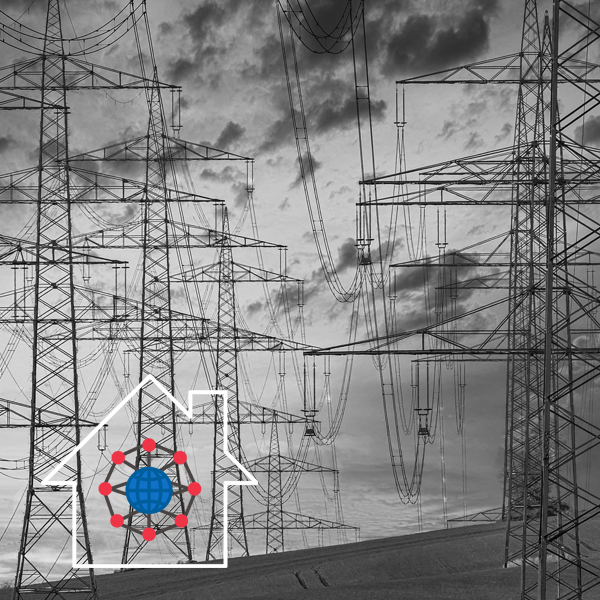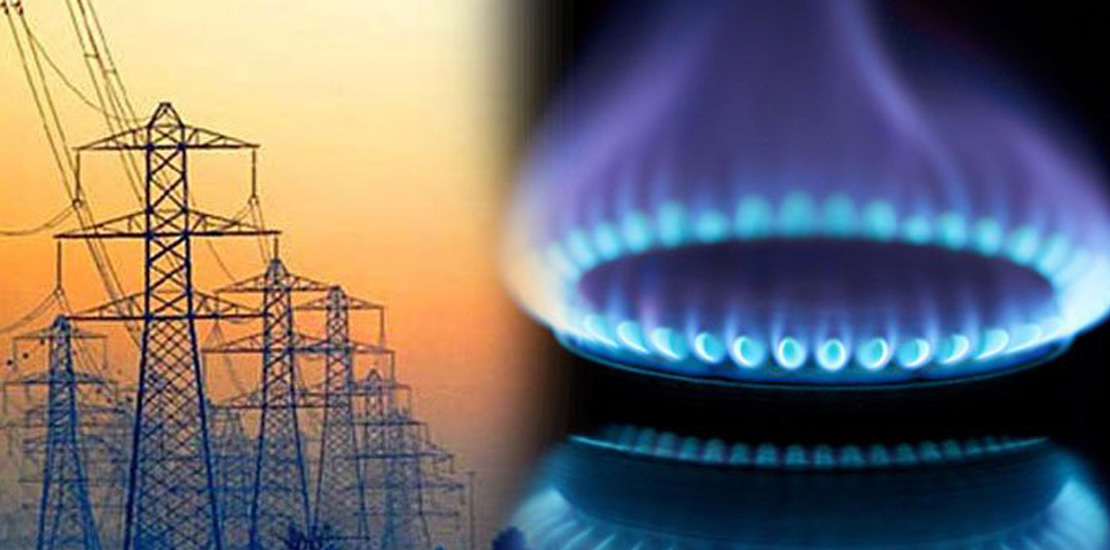
VULNERABLE SITUATIONS IN THE DOMESTIC ENERGY MARKET
A crucial aspect of helping vulnerable households is being able to identify them. The course will look at how energy suppliers, distribution network operators, gas distribution network companies and Ofgem define vulnerability. It will also consider the support on offer, such as the Priority Services Register.
This course is designed for frontline staff and volunteers who work with with vulnerable people, covering the additional support provided by fuel suppliers and network operators.
The Vulnerable Situations in the Domestic Energy Market course will look at how fuel suppliers, distribution network operators, gas distribution network companies and Ofgem define vulnerability and the support on offer, such as the Priority Services Register.
Webinars are delivered live by our expert tutors to small groups to ensure a good level of interaction and support for learners.
Audience
This webinar is designed for frontline staff and volunteers working with people who are vulnerable/ potentially vulnerable and require additional support but are unaware of the support provided by the fuel suppliers and network operators. Delegates can either be supporting the public face-to-face or via the telephone.
Objectives
- Define how the energy sector defines vulnerability
- Identify risk factors and triggers which suggest a householder is potentially vulnerable
- State supplier obligation in regard to supporting vulnerable consumers
- Explain Priority Services Register (PSR) offered by the fuel suppliers, Distribution Network Operators and the Gas Distribution Network Companies
Content
- how the energy sector (fuel suppliers, Distribution Network Operators, Gas Distribution Network Companies and Ofgem) define and identify vulnerable customers
- Energy UK’s ‘Safety Net for Vulnerable Customers’ and Ofgem’s Vulnerability Strategy which set out the definitions of a vulnerable customer used by the sector.
- support available to vulnerable customers including the Priority Services Register
Please note that the course content will focus mainly on England and Wales. If you are based in Northern Ireland or Scotland and interested in this course, please contact trainingadmin@nea.org.uk before booking so we can discuss the main differences.
Duration
1.5 hours
Delivery method
This course is generally delivered via webinar however, face-to-face courses can also be delivered upon request.
How will the webinar work?
All webinars are delivered live by our expert tutors.
We keep group sizes small to ensure a good level of interaction and support for learners.
We generally use Zoom (video conferencing facilities). To join the webinar, learners will require a suitable electronic device with sound and internet access and preferably a video camera and microphone.
Following the webinar learners will also receive a handout booklet covering the course topics.
Fees
OPEN ACCESS WEBINAR FEE – PER PERSON
*FUNDED PLACES are available to non-commercial organisations based in England and Wales (such as local authorities, housing associations, advice agencies etc). Learners must also be frontline staff or volunteers that encounter and provide advice to those in or at risk of fuel poverty.
For those not eligible for a funded place, fees are as follows:
| NEA Members | Non Members | |
| Not for profit organisations | £50 + VAT | £60 + VAT |
| Commercial organisations | £60 + VAT | £70 + VAT |
GROUP / IN-HOUSE FEE – PER COURSE
Group webinars are available upon request.
We can accommodate up to 20 learners per course and the dates / times can be arranged to best suit the group.
Please contact NEA for further details on fees etc.
Open access webinar dates
To view a list of open access webinar dates and book places, please select the button below.


